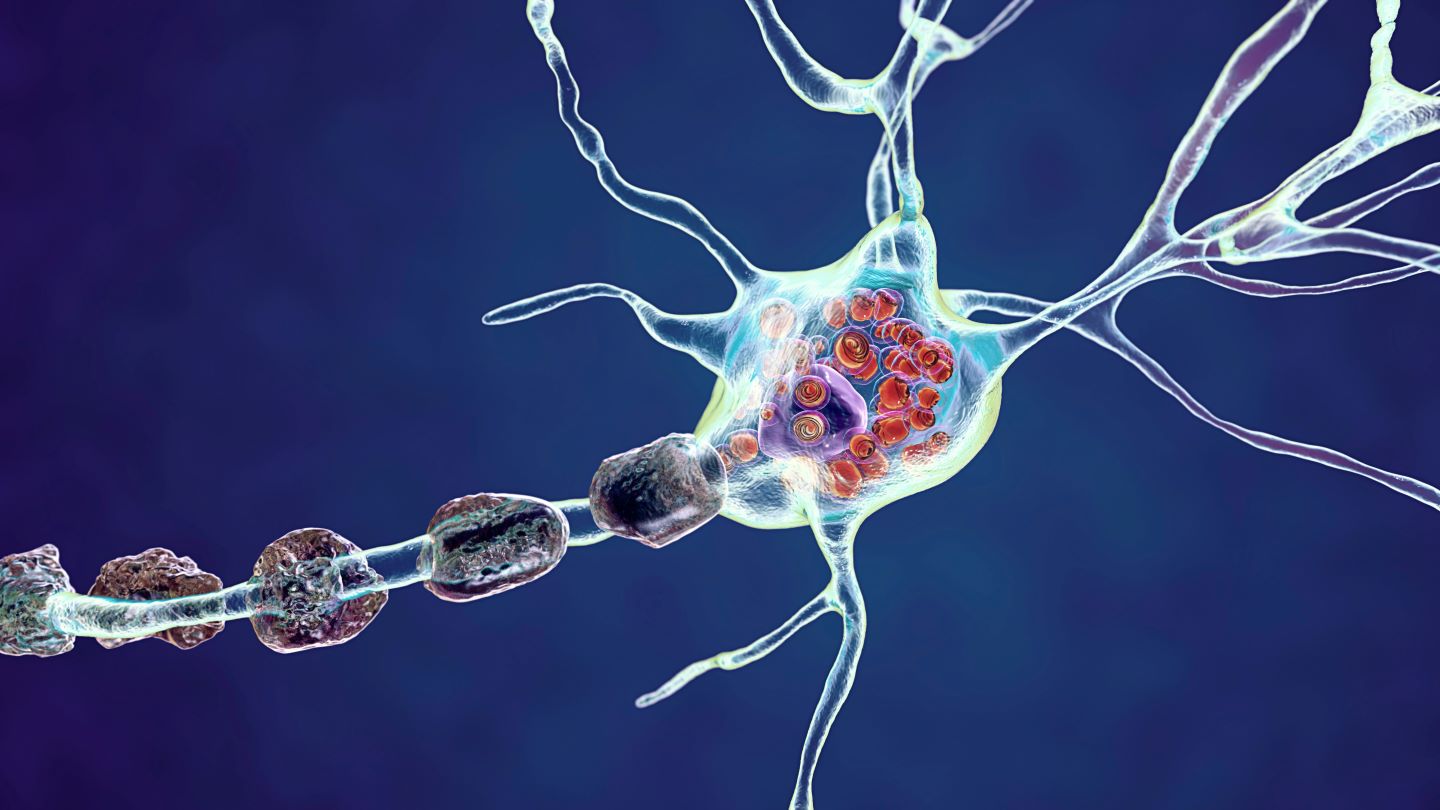
AceLink Therapeutics has dosed the first subject in a Phase II clinical trial of AL01211 to treat Fabry disease in China.
The open-label trial will assess the pharmacokinetics, safety, pharmacodynamics, and impact of AL01211 treatment in male participants with previously untreated, classic Fabry disease.

Discover B2B Marketing That Performs
Combine business intelligence and editorial excellence to reach engaged professionals across 36 leading media platforms.
The company anticipates enrolling 18 subjects across six study centres in China.
Dr Nan Chen at Shanghai’s Ruijin Hospital will be the trial’s principal investigator.
Topline data from the Phase II trial of AL01211 is scheduled to be reported in the second half of next year.
An oral inhibitor of non-brain penetrant glucosylceramide synthase (GCS), AL01211 is in the developmental stage for treating glycosphingolipid storage diseases, including Fabry disease and Gaucher disease type 1.

US Tariffs are shifting - will you react or anticipate?
Don’t let policy changes catch you off guard. Stay proactive with real-time data and expert analysis.
By GlobalDataIt features various encouraging drug properties that support once-a-day oral dosing.
The product works by delivering an oral small molecule therapy as a substitute to enzyme replacement therapy for Fabry disease, thereby alleviating the need for recurrent intravenous infusions.
According to data from Phase I trials, AL01211 was found to be well tolerated, without causing any adverse events.
AceLink Therapeutics chief medical officer Dr Pedro Huertas said: “We are delighted to initiate enrolment in our Phase II study for patients with Fabry disease at one of the most renowned academic centres in China.
“We believe AL01211, as the best-in-class GCS inhibitor, will provide a meaningful therapeutic benefit for the disorders of glycosphingolipid metabolism.
“We look forward to providing updates as the trial progresses and remain committed to bringing this promising therapy one step closer to those patients who need it most.”





